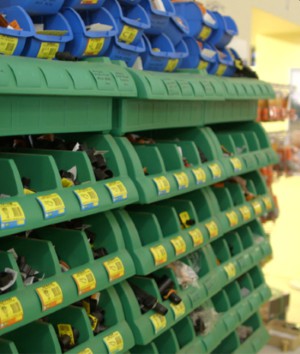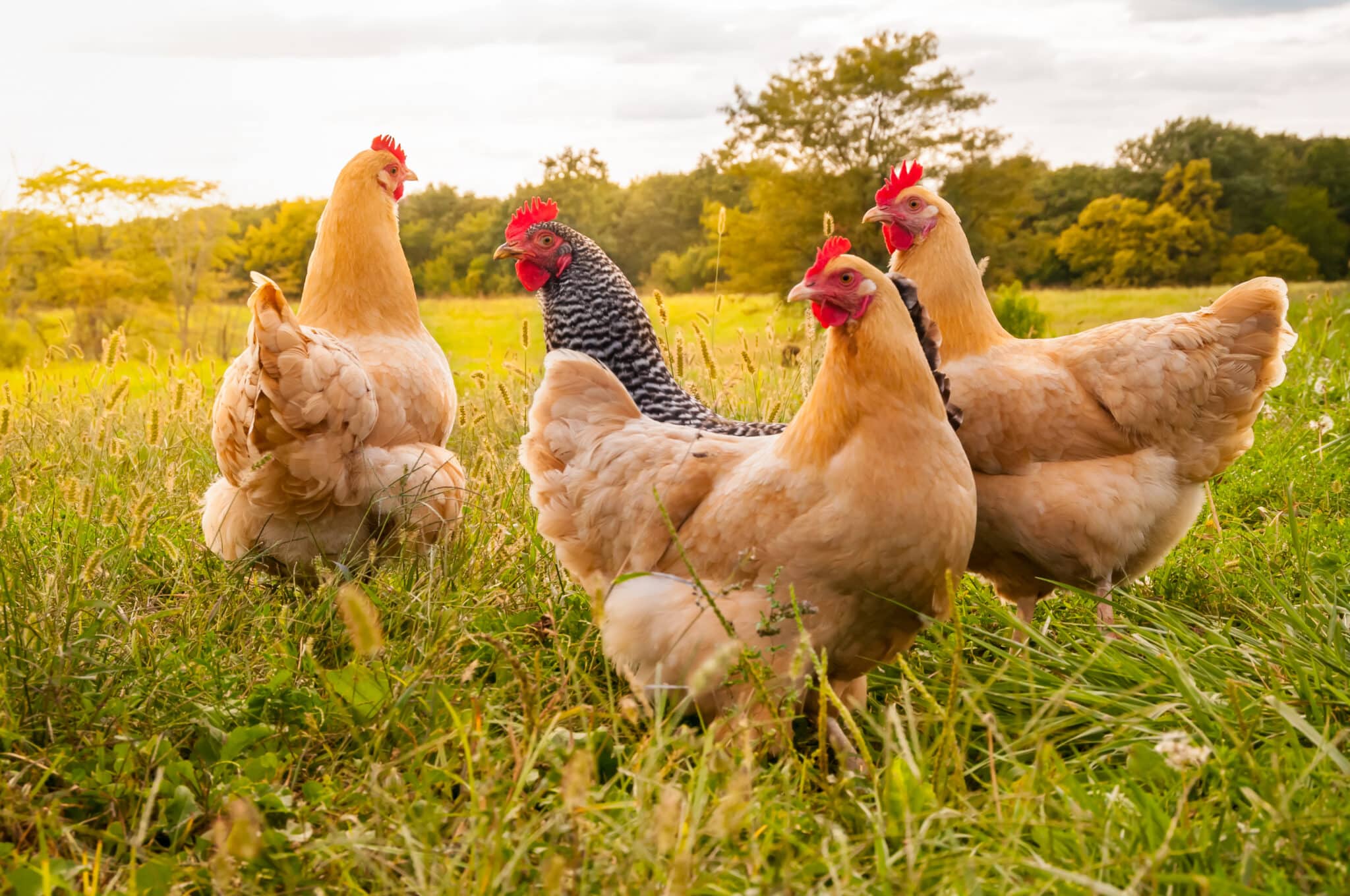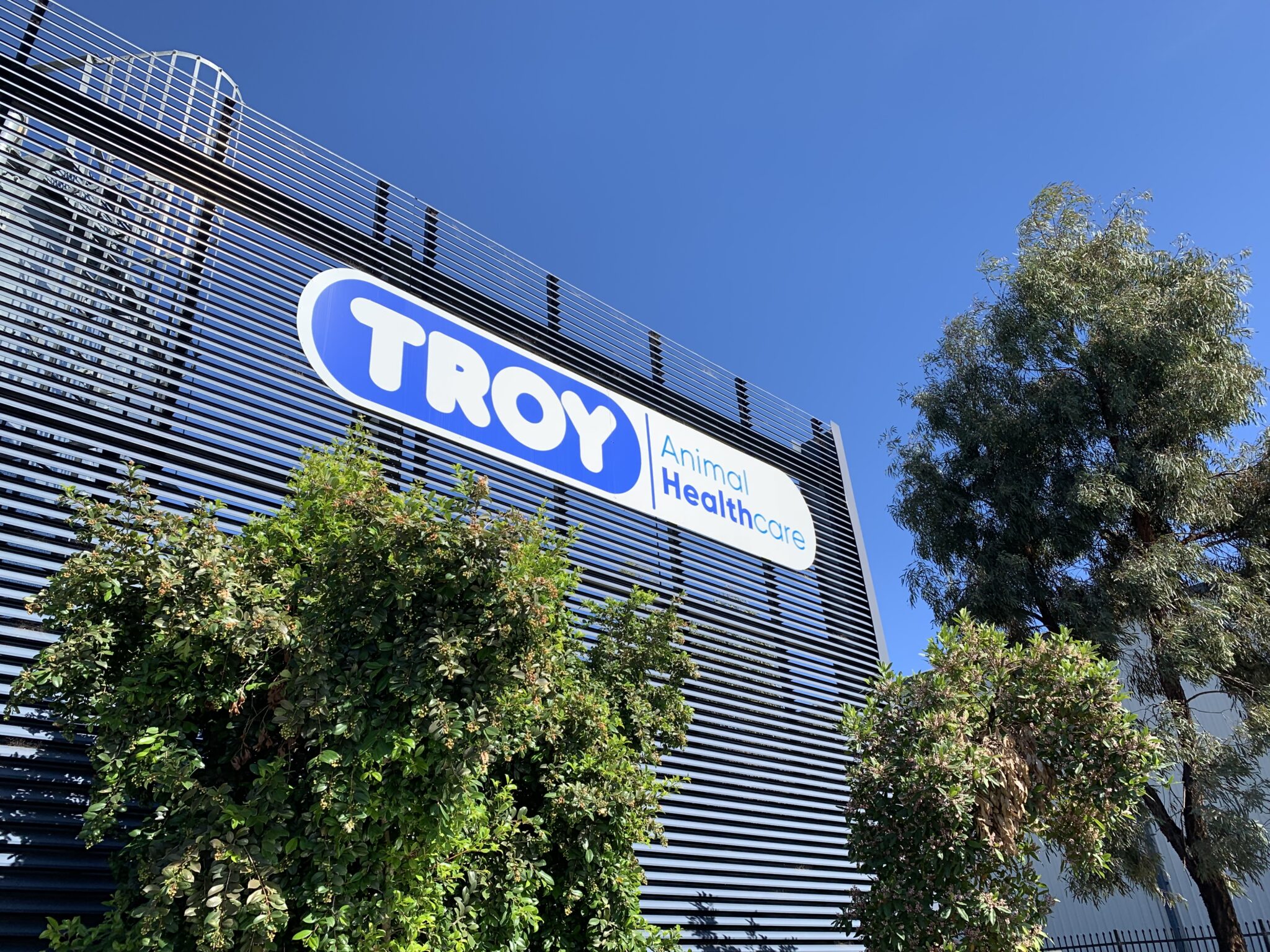Agriculture today is a sophisticated and highly technical industry. The importance of the agricultural industry to the Australian economy and community is well known, and the role of financiers providing support to this sector is becoming increasingly more critical.
It is no secret that to remain locally and globally competitive Australian farmers must continue to evolve and innovate. However, in modern agriculture, the challenge is developing new tools and products that create solutions to problems. The end goal? Farmers using resources more efficiently and on a larger scale! Realistically though, innovation and development come at a price, one which is predominantly carried by the family owned farm.
Therefore, one of the cornerstones to this challenge is access to finance for scale, mechanisation and cashflow. Banks have long been the main source of finance for the industry, but as the landscape changes, it brings with it new financiers and more options.
First, let’s take a look at the current environment
Access to low interest rates over the past 20 years has encouraged farmers to expand their operations. As farms have become larger and competition for land has increased resulting in rising land prices. Increased debt from expansion, coupled with rising input costs and stable commodity prices has eroded farm equity, often beyond what traditional lending risk models are comfortable supporting. Added to this, with the finance sector tightening its lending practices to reduce risk, the resultant impact on Australian farm businesses has been immense, posing a huge challenge for the industry.
Cue alternative seasonal debt providers
Seasonal finance facilities are generally short term and designed to give farmers cashflow support for 12 months or less. Most commonly, they are used to fund annual bills associated with the crop life cycle, such as chemical, fertiliser and fuel expenses. The facility is repaid annually and is predominantly secured via a mortgage over the farm or other land assets, to the equivalent value of +/- 60% of the security provided.
So why consider a ‘non-bank’ alternative
The most common reason farmers seek alternative funding is flexibility, timeliness, efficiency, competitiveness and specialisation. Alternative finance is often supplied by a specialist funder who might fund crop inputs or livestock inputs for example, but won’t pay for elements outside this, such as machinery repairs and maintenance. It’s this specialisation that makes them a very good accompaniment to traditional funding arrangements and allows them to provide specific advice in a particular facet of the industry.
Greater flexibility and timeliness is more likely with specialist providers for a few reasons. First, if the funding is provided through an ag supplier where the farmer already has a credit history, the application process becomes quicker and more efficient. Second, the funder may buy the grower’s proceeds, such as grain, which clears the debt automatically, saving the farmer significant time and providing the financier with a better understanding of the farmer’s cashflow requirements, allowing a specialist seasonal provider to tailor a facility to meet the borrower’s requirements.
Efficiency is gained through access to capital and superior advice provided by the financier, which allows the grower to concentrate on the business of farming throughout the year and utilise other funding lines for different purposes.
Lastly, contrary to many peoples’ thoughts, alternative financiers are frequently cost competitive. In today’s competitive lending environment, it is hard to entice people at >10% per annum. While they may not be the cheapest, you might be surprised how competitive they actually are.
Where can you find a specialist alternative season debt provider?
Agfarm offers specialist funding for winter and summer broadacre farming. The Agfarm Accelerate facility is a line of credit secured against future crop production, which farmers can use to purchase all their cropping inputs – seed, irrigation water, ag-chemical, fertiliser, crop insurance, fuel and lubricants through any participating CRT store. Agfarm Accelerate is repaid post-harvest from crop sale proceeds and there are no tonnage or buyer lock-ins. Growers receive quick and seamless funding as well as access to Agfarm’s Account Managers who have more than 25 years of industry contacts and experience to help growers with their marketing strategies. By engaging a provider like Agfarm, growers have the ability to draw on the experience and in-depth knowledge of a high performing, agricultural team.
Why is this important?
With a substantial proportion of broadacre farms being family owned and operated, and the price of land and inputs growing, the pressure to evolve and innovate is as strong as ever. Having access to a specialist seasonal provider with an in-depth understanding and offers flexibility in your industry, is becoming increasingly important to not only broadacre farmers, but the agricultural industry as a whole.
For more information visit www.agfarm.com.au






